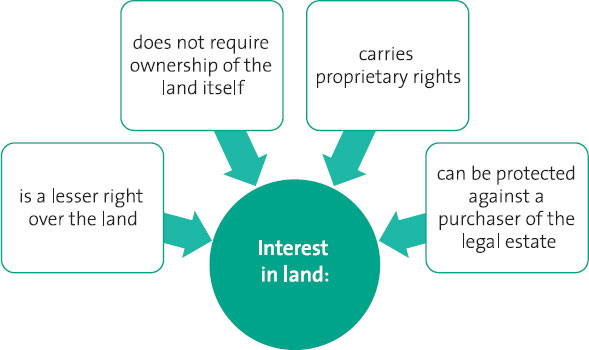There are 2 Alternative ways to own Property in Australia: Joint Tenants vs Tenants in Common
In a Joint Tenancy, all of the owners own the entire property. If one of them dies, the survivor(s) remain the owner of the property – it does not matter what any Will might say until there is only 1 registered owner.
In a Tenancy in Common, each owner has a defined share – 50%, 30%, etc. If an owner dies then their share in the property passes accordingly to the terms of their Will, or if they do not have a Will, according to the rules about intestacy. (Joint Tenants v Tenants in Common)
If you don’t know what your ownership details are, we can do a Title Search and find out for you. It is possible to change from one type of ownership arrangement to the other, although there could be some stamp duty to be paid depending on your individual circumstances.
You will need to make your own arrangements for connecting electricity, gas, telephone, internet, pay-TV services, and other utility services from the proposed settlement Steps date. If a service provider will not arrange for connection from the settlement without authority or confirmation from the Seller please obtain this via the real estate law agent or from the Seller directly. It is beyond the scope of our retainer.
Additionally, the Family Law Act allows the Courts to alter the arrangements completely in the event of a Property Settlement Dispute, and the details of the ownership arrangement are separate from your responsibility to pay any mortgage payments.
Article Source: Property Lawyers Brisbane


